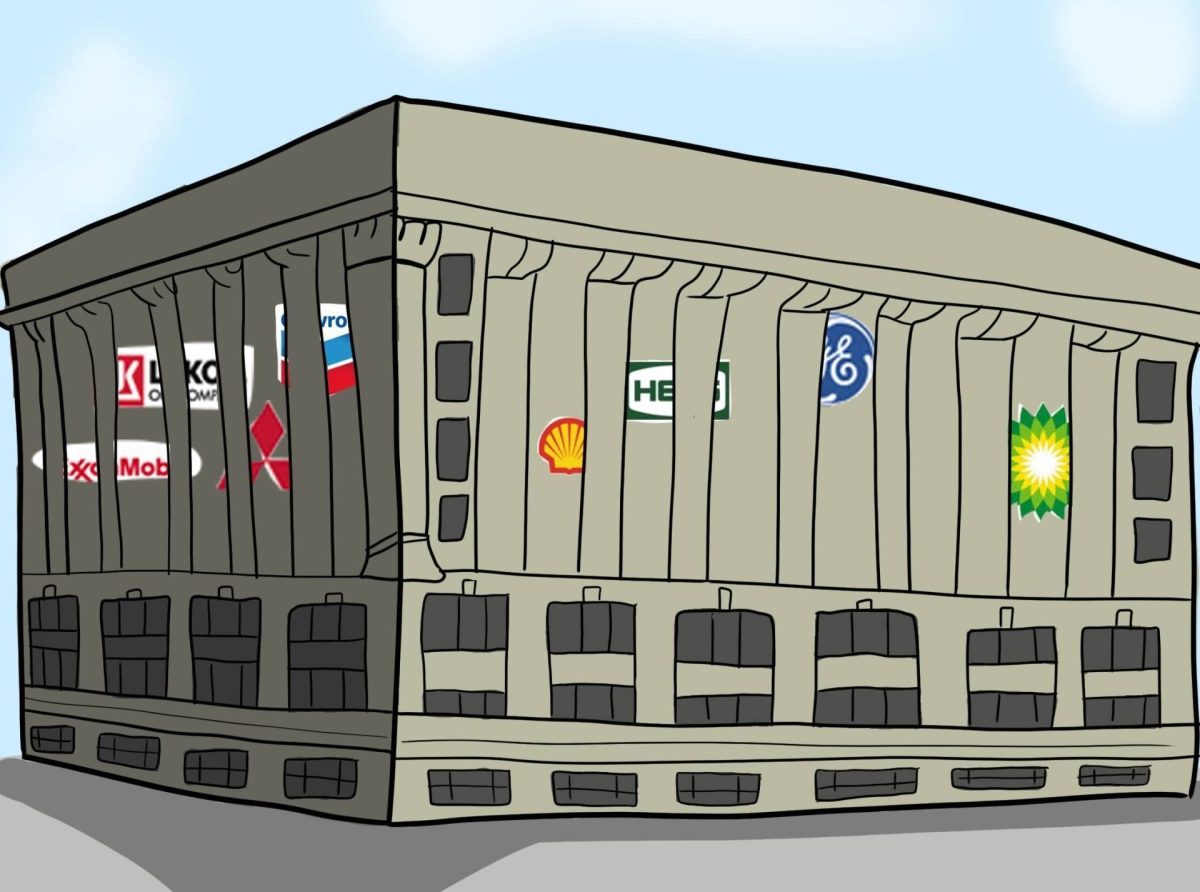Newsweek magazine has announced that it will discontinue the print edition of the publication and transition to an all-digital format beginning next year.
“(People) have increasingly adopted digital and, in effect, we are following (them),” wrote Tina Brown, editor-in-chief of Newsweek and The Daily Beast, in an Oct. 22 editorial. Brown announced Newsweek’s digital transition in a post on The Daily Beast, Newsweek’s online partner, Oct. 18.
The internationally-read magazine will cease its weekly print edition just shy of an 80-year lifespan, but will continue online in early 2013 as Newsweek Global, a digital subscription-based magazine for tablets, mobile and web devices.
“I think the style is conducive for the web,” said Mike Reilley, a DePaul University online journalism instructor and longtime Newsweek subscriber who has worked as a reporter and editor for print and online publications.
“The web is about community as much as it is about content and if they can build that community around content, then they win,” Reilley said.
Besides following the digital trend, Newsweek’s move is also an imperative response to the magazine’s waning financial strength. Since 2007, the magazine lost close to 1.5 million subscribers and racked up substantial debt.
“But when it comes to print, some realities cannot be ignored,” Brown continued in her Oct. 22 editorial on The Daily Beast. “It costs $42 million a year to manufacture, print, distribute and manage the circulation of Newsweek. Was that any longer the wise use of scarce resources, we had to ask ourselves – all the more insistently after the supportive print ad dollars fell off a cliff across the entire industry in the spring of 2011.”
Brown wrote that the move to digital would include layoffs.
Reilley said Newsweek Global will have to rethink its approach to online advertising, or provide content that is so in demand that people are willing to pay online subscription fees, a strategy that has failed miserably for sites in the past.
Reilley saw the beginning of the end for Newsweek after its 2010 merger with The Daily Beast.
“When I began to see page numbers slide back down to nothing but a small brochure, I knew they were in trouble,” said Reilley.
Despite Brown’s experience operating an online-only publication via The Daily Beast, challenges for Newsweek Global will be many in the months after the transition.
One of the first trials Newsweek Global will face is finding a new identity online that accounts for changes in both the content and the consumer from its print predecessor.
Reilley said it will be vital for Newsweek Global to rethink how they make their content appealing.
“It can’t all be linear work,” said Reilley.
Newsweek Global will have to combine great photography, video and interactivity to create a fresh news package, he said.
Reilley recommends Newsweek Global break their content up into more defined chapters – a strategy U.S. News and World Report adopted when that weekly transitioned online in 2010 – which also serves as a vertical business model that is conducive to advertisers.
In these challenges however, there will be opportunities, ones that have been left untapped by other online media.
“The thing that has always puzzled me about large mainstream outlets is: Why aren’t they aggregating themselves?” said Reilley. “I think that’s something that traditional print publications that have moved online have missed.”
News aggregators like The Huffington Post have become popular by offering content collages that link off to content creators. Some observers have pointed to news aggregators, including Newsweek’s partner site The Daily Beast, as one reason print publications are folding nationwide.
Reilley sees tablets as an opportunity for Newsweek Global to continue the long form, in-depth writing the news weekly became famous for.
“There will always be a demand for writing that provides perspective you can’t get anywhere else,” said Reilley.
Newsweek’s transition could also capture a new generation of readers who prefer to get their news online.
“I would prefer having Time available online,” said Evan Kuck, a Time magazine subscriber and DePaul University student.
“I think it makes the news source more appealing to the younger generations, but it might also possibly detract from their loyal customers who are accustomed to receiving the news in a physical format,” said Kuck.
Although the destiny of Newsweek Global rests in the hands of its journalists, some loved hallmarks of the weekly will never make the digital leap.
“That weekly pace is gone and I’m going to miss that because I always looked forward to getting Newsweek midweek,” said Reilley.
The last edition of the print publication of Newsweek will appear Dec. 31.







